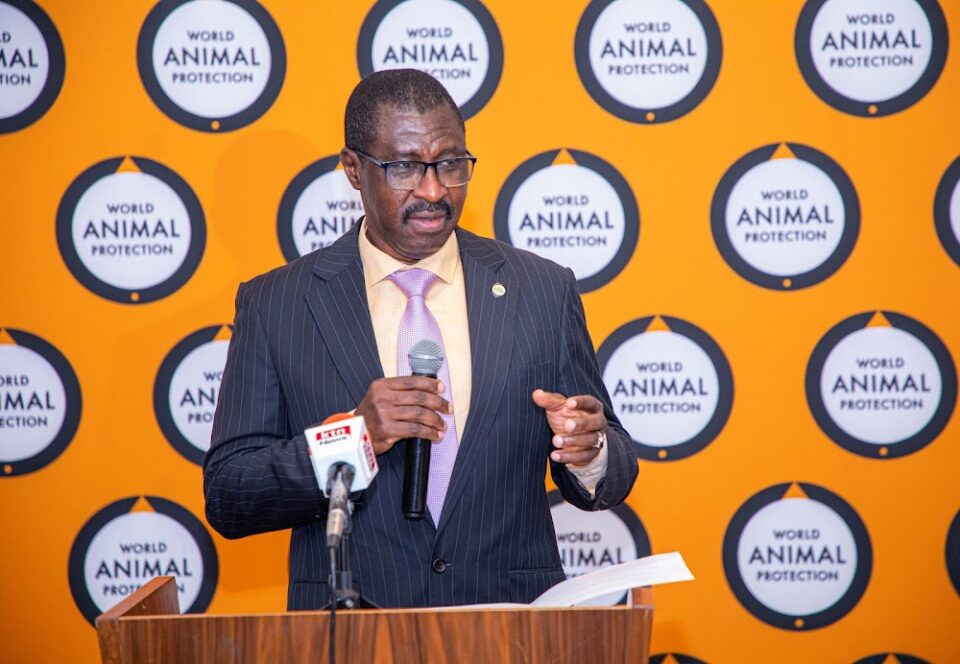In a significant move towards enhancing food security and sustainable agriculture across Africa, World Animal Protection has welcomed the G7 Summit Presidency’s commitment to prioritize these critical issues through the Apulia Food Systems Initiative.
This initiative marks a pivotal opportunity to support smallholder farmers, who play a fundamental role in the continent’s agricultural landscape.
Aligned with the UAE Declaration on Sustainable Agriculture and Resilient Food Systems, signed by 159 countries at COP28, the Apulia Initiative underscores a global commitment to addressing the interconnected challenges of food security and climate change. With rising temperatures and ecological instability posing escalating threats to both human and animal populations, this initiative represents a timely response to mitigate these pressing concerns.
Smallholder farmers, vital to food production in Africa, are disproportionately impacted by climate change, exacerbating food insecurity. Therefore, while acknowledging this positive step forward, World Animal Protection emphasizes the necessity for inclusive and accountable implementation of the Apulia Initiative. Previous efforts have often failed to deliver meaningful benefits to intended beneficiaries, highlighting the critical importance of placing smallholder farmers at the heart of these initiatives.
It is imperative that the Apulia Initiative promotes sustainable agricultural practices that safeguard Africa’s diverse ecosystems and enhance food security and livelihoods. Rather than replicating industrialized models that may exacerbate environmental and health challenges, the initiative should prioritize agroecological approaches for sustainable development and ecological balance.
Commenting on this development, Tennyson Williams, Director for Africa at World Animal Protection, emphasized the urgency of addressing food crises in tandem with climate change and biodiversity loss. He stressed the need for a comprehensive strategy that integrates climate resilience, animal welfare, and biodiversity conservation into food security initiatives, ensuring a sustainable and equitable food system for future generations.
Kelly Dent, Global Director of External Engagement, echoed these sentiments, urging the G7 to demonstrate strong political will in transforming food systems and tackling climate change. She emphasized the need to prioritize reducing industrialization and antimicrobial use in livestock production, while promoting access to diverse, nutrient-rich diets and enhancing food justice for smallholder farmers.
As the G7 leaders convene in Italy, World Animal Protection calls for decisive action towards building an equitable, humane, and sustainable food system. The organization stands committed to collaborating with the G7 Summit, African governments, civil society organizations, and other stakeholders to achieve these shared goals and ensure the success of the Apulia Initiative in Africa.
In conclusion, the Apulia Food Systems Initiative holds immense promise to drive positive change in food security and sustainable agriculture across Africa. By upholding principles of inclusivity, transparency, and accountability, the initiative can pave the way for a resilient and sustainable future for the continent and beyond.


